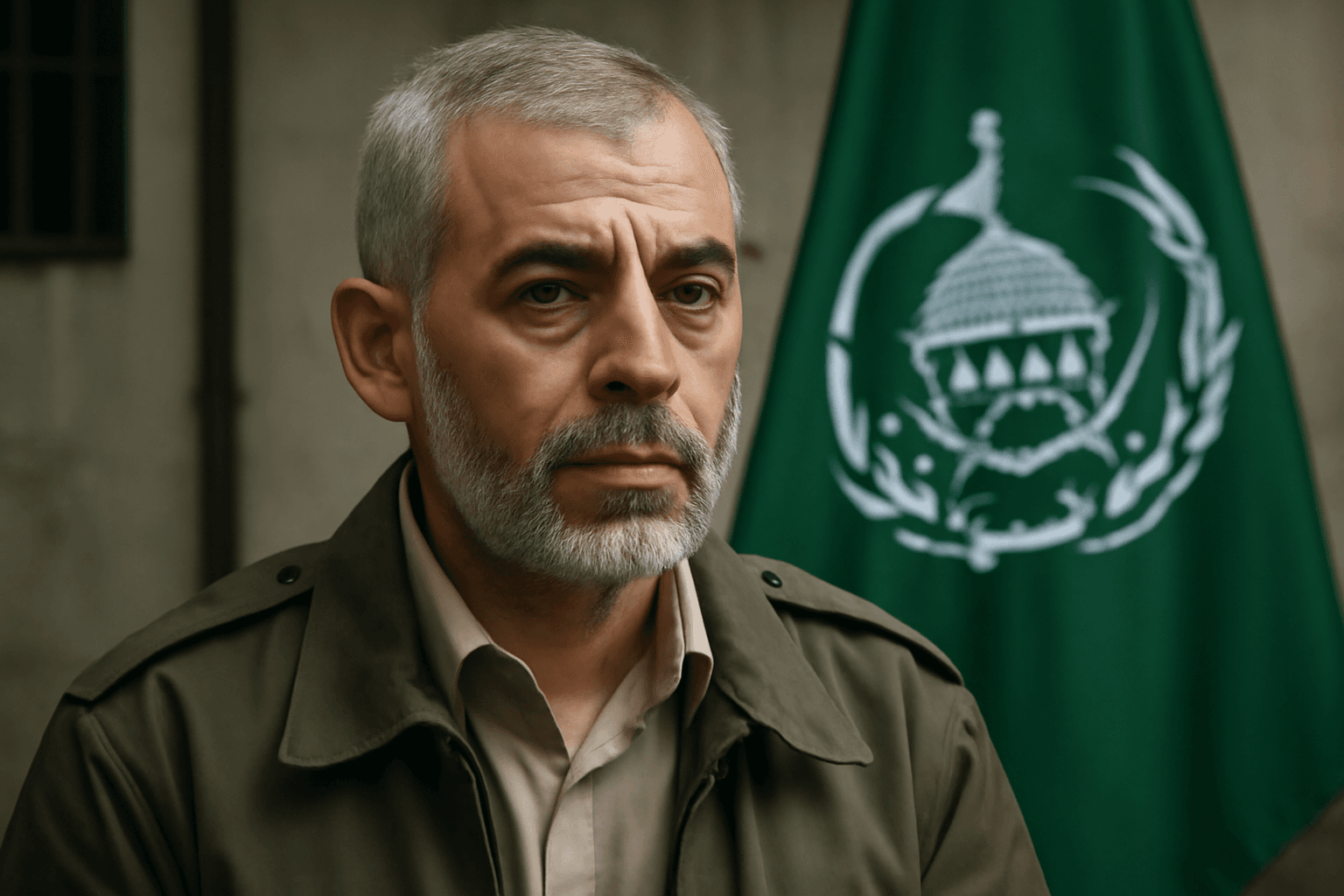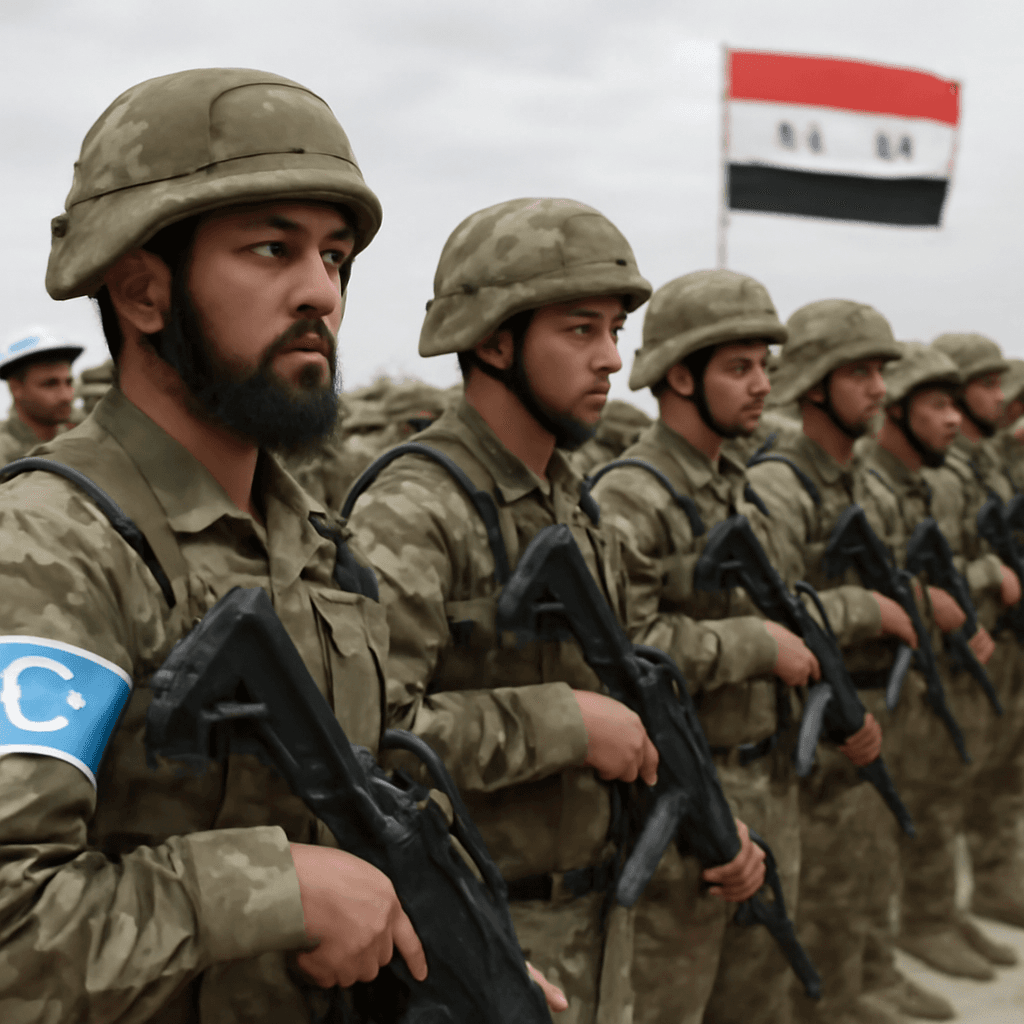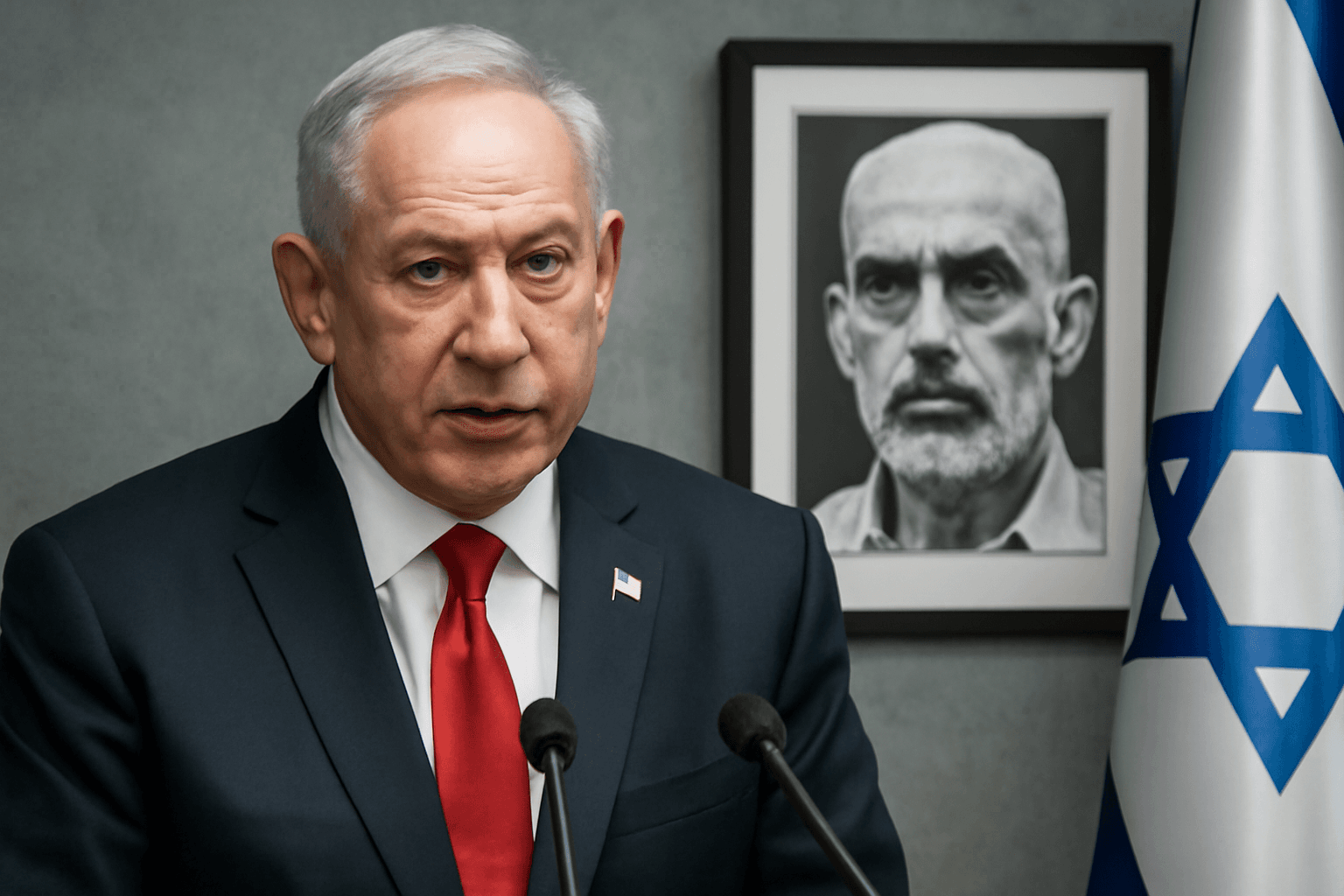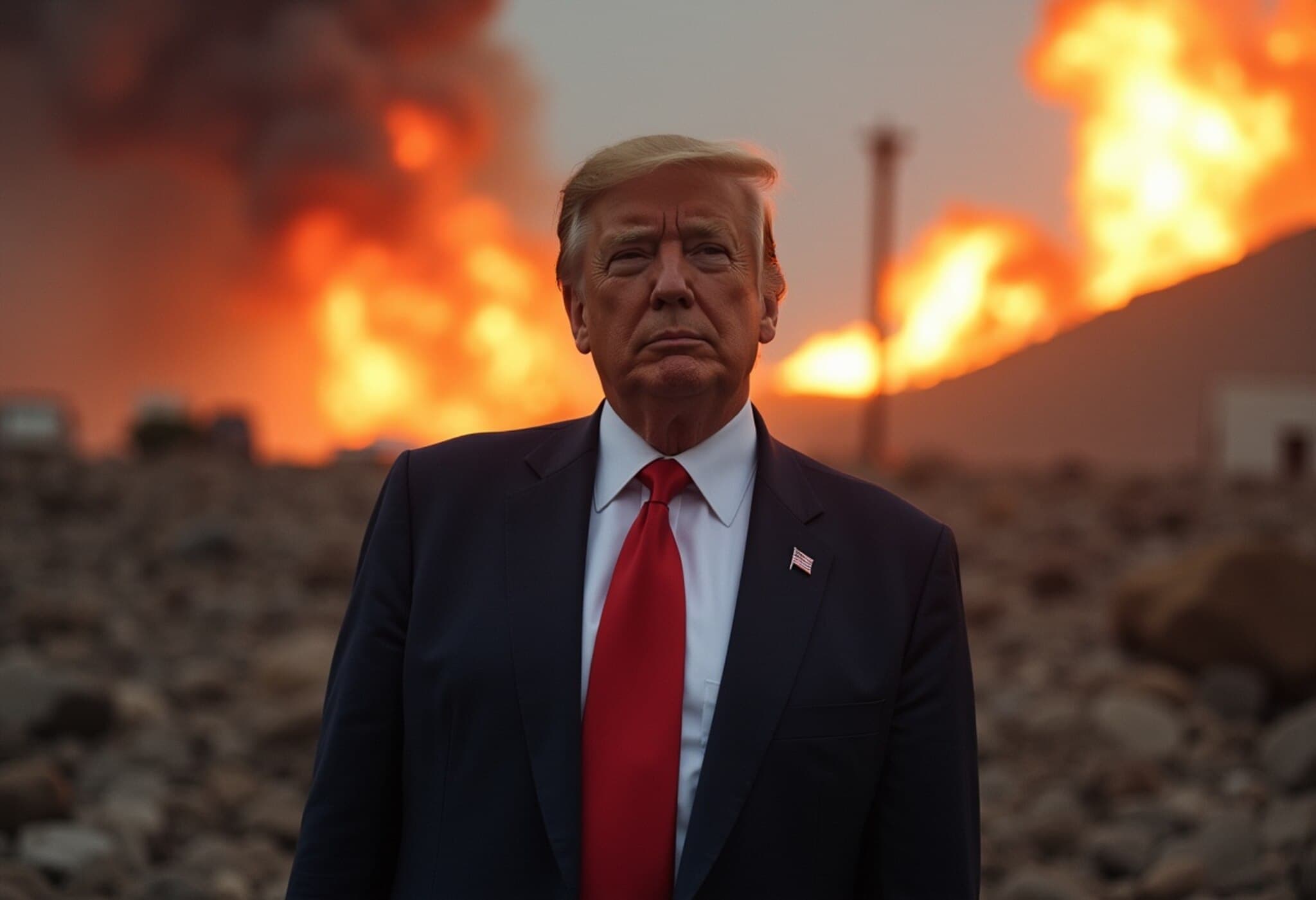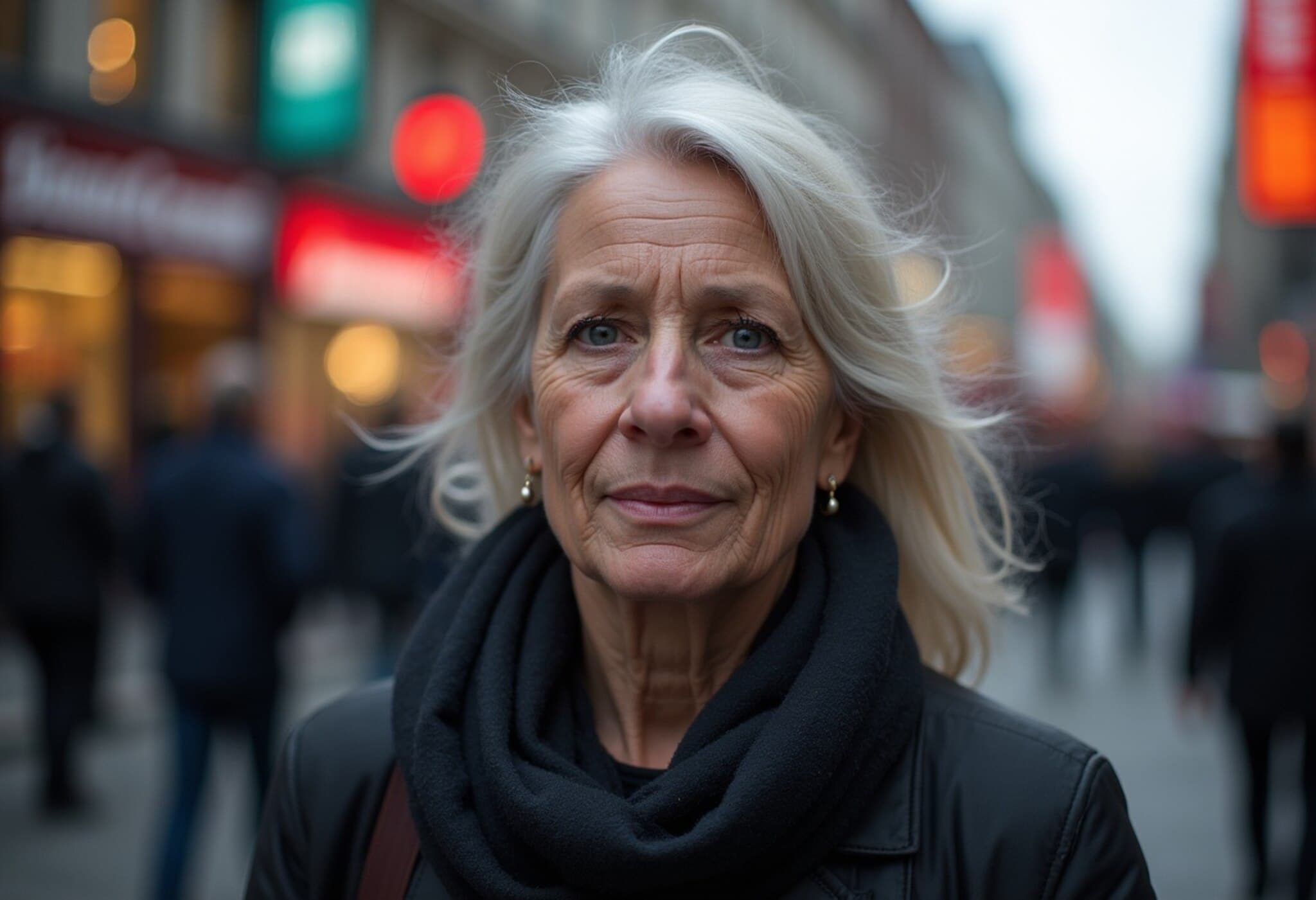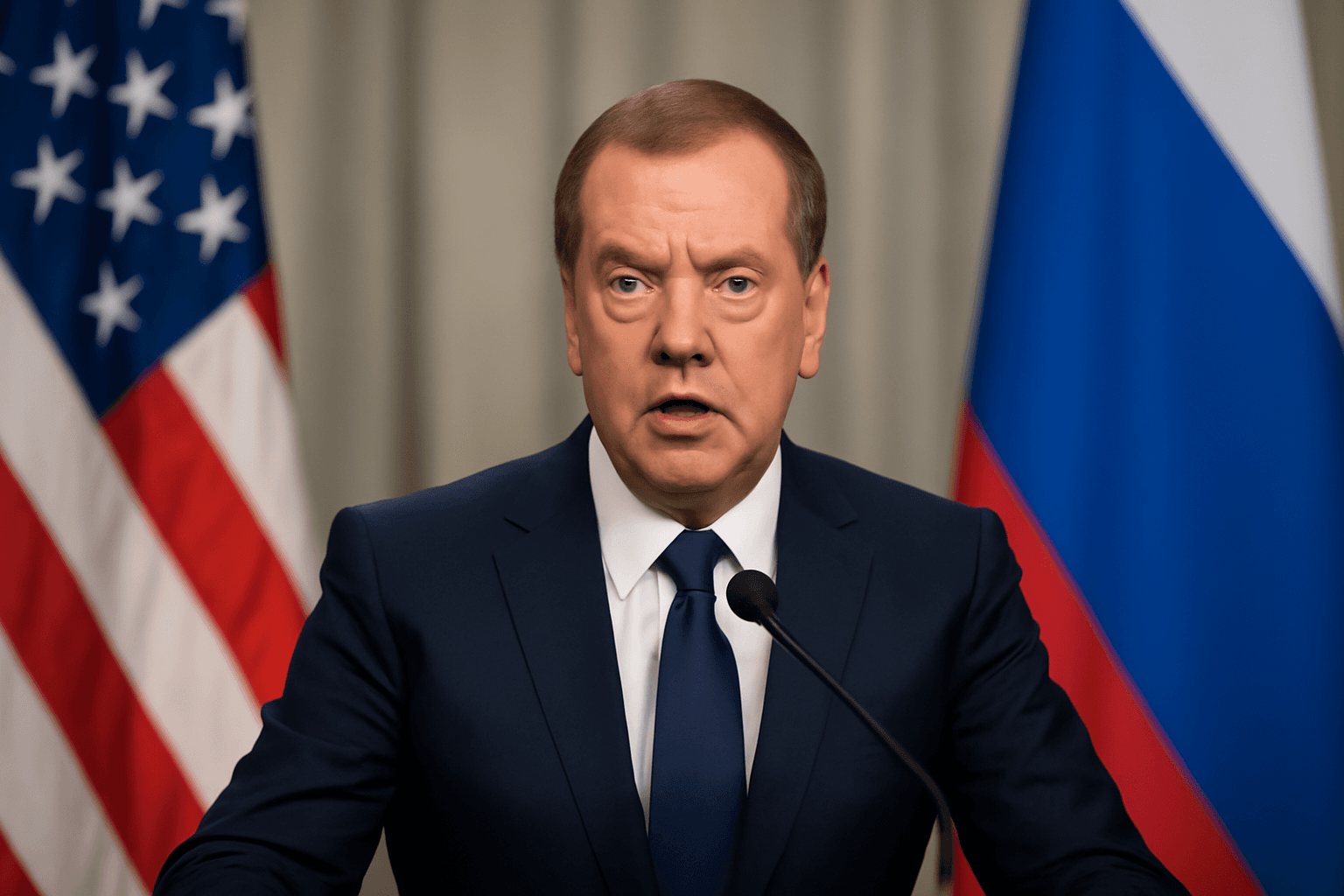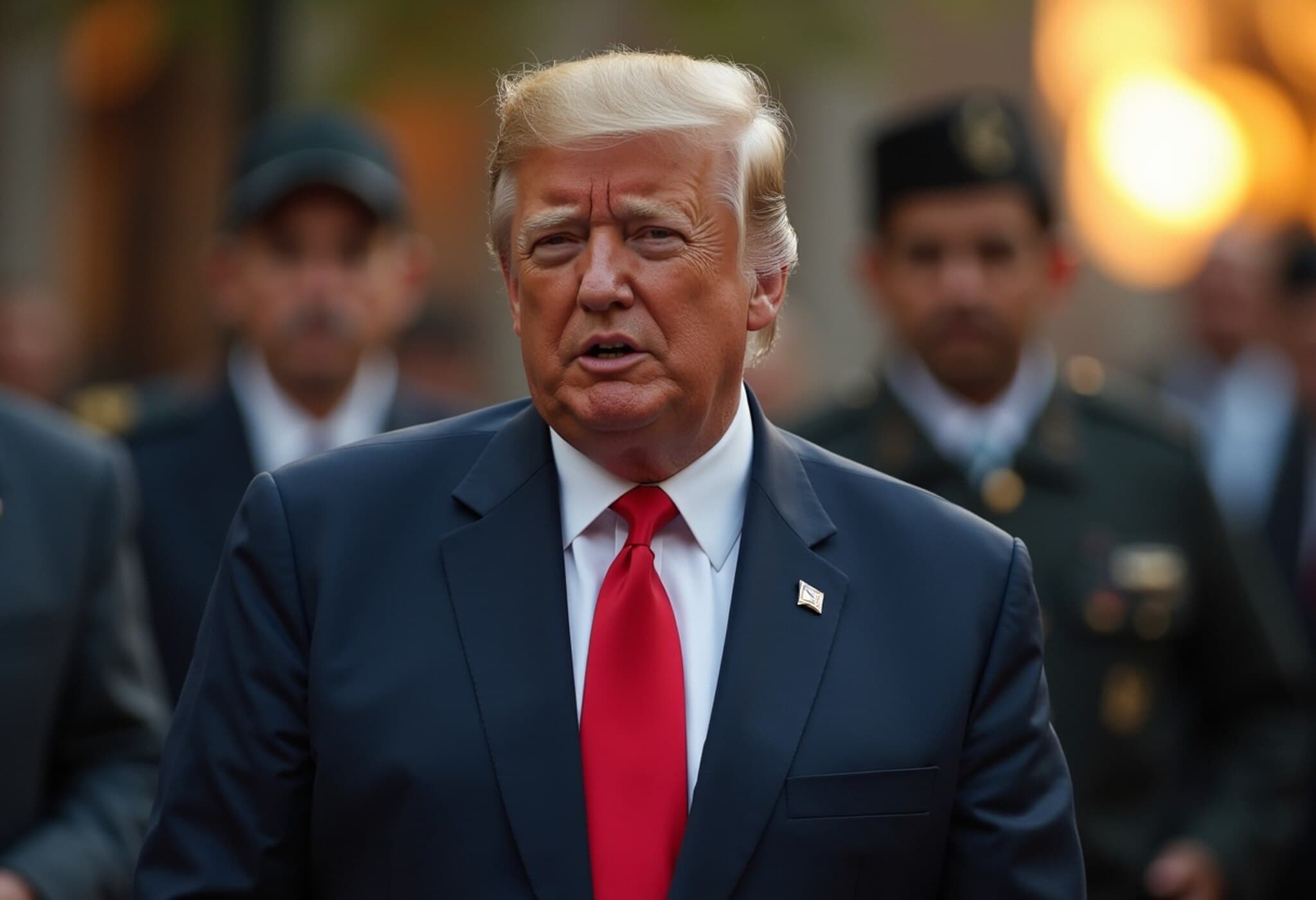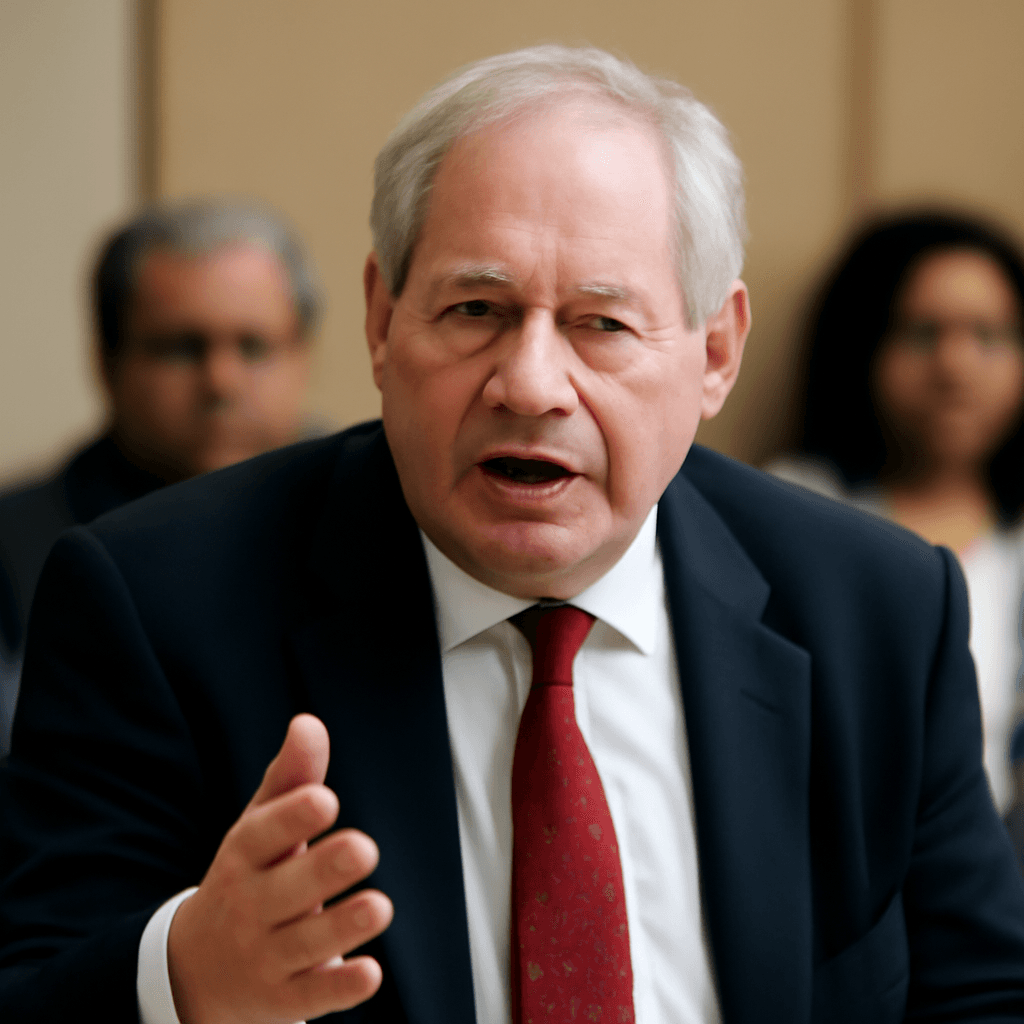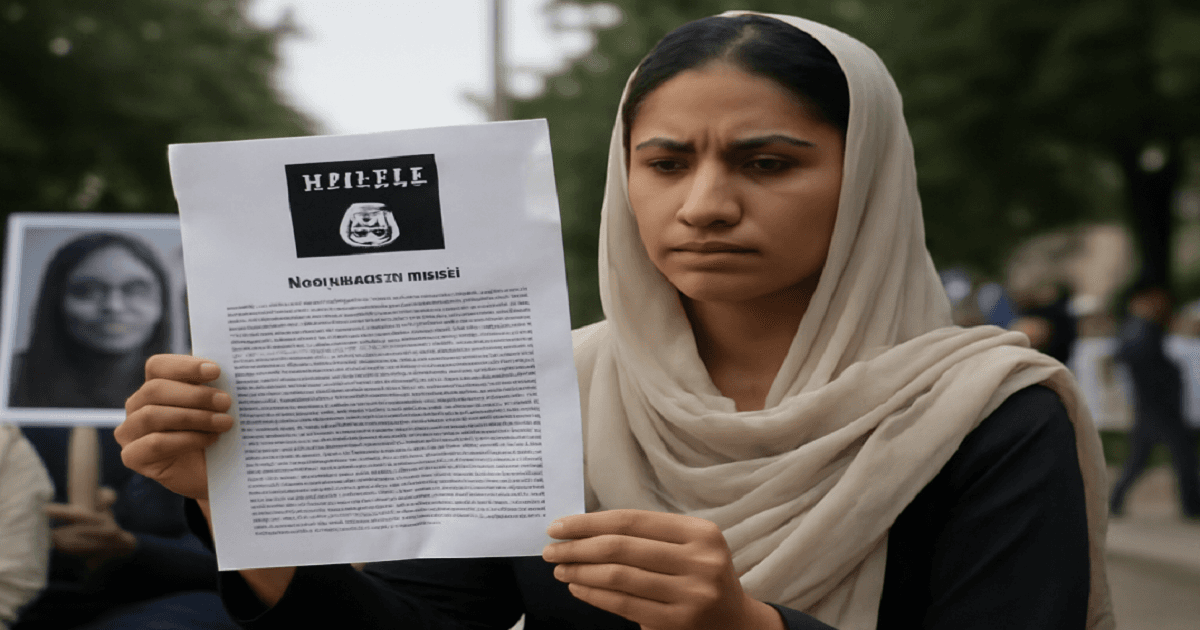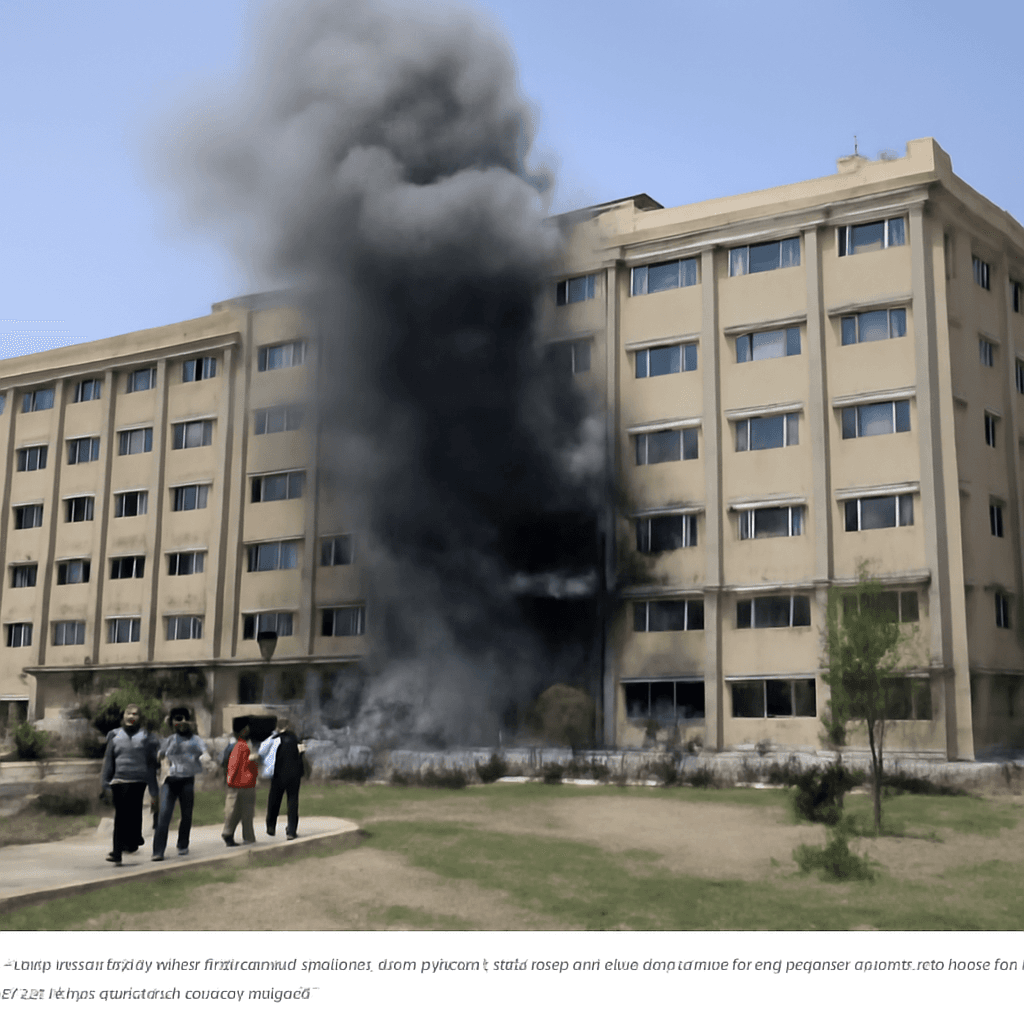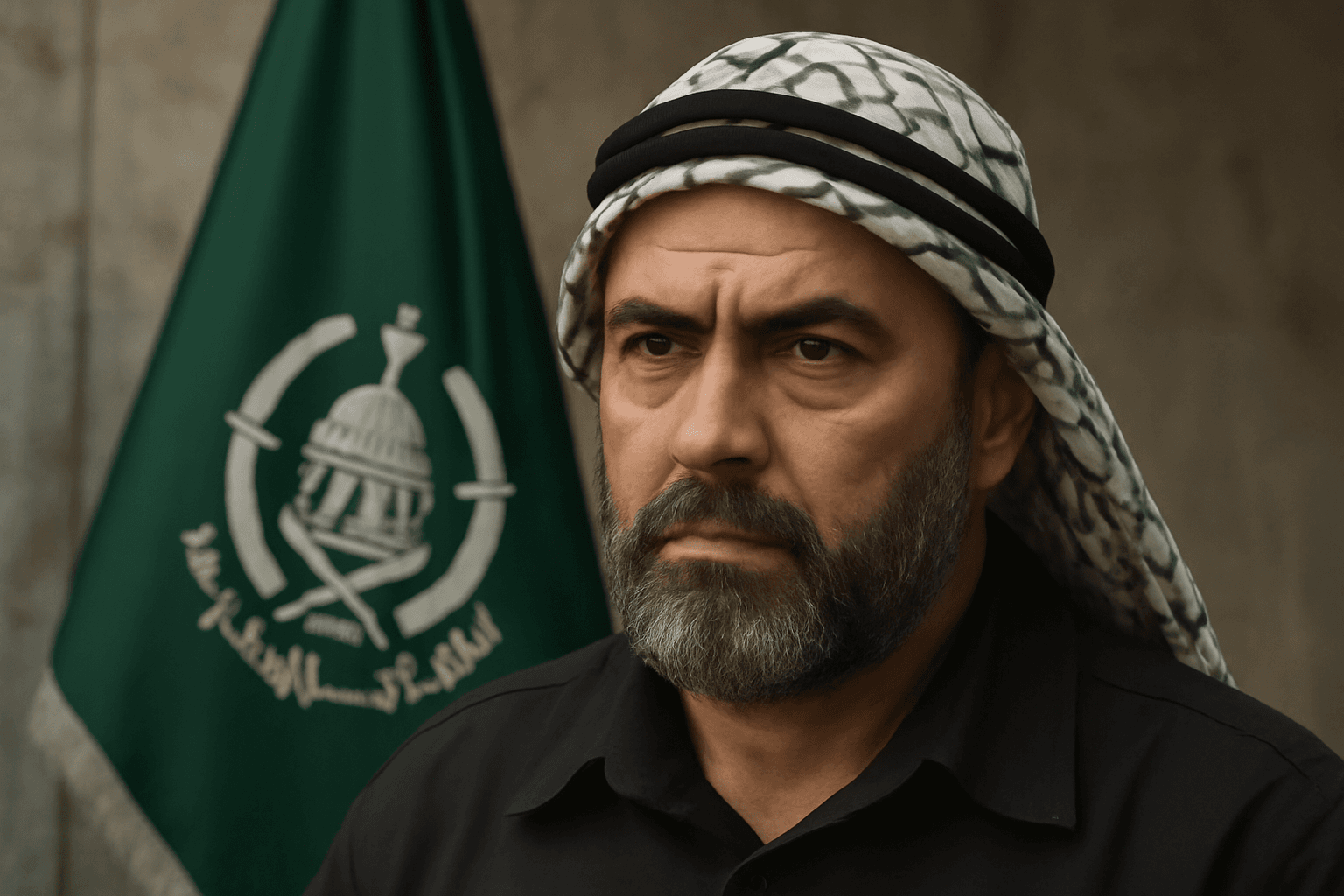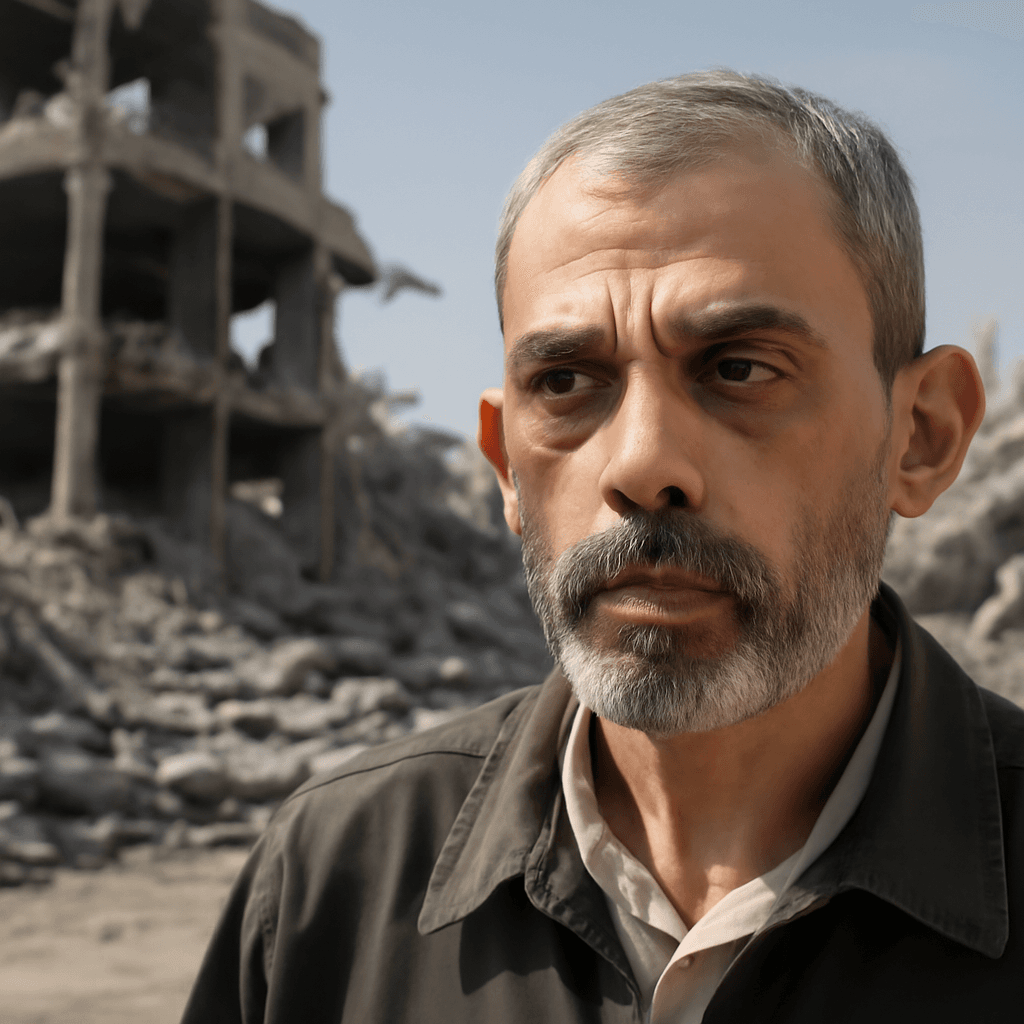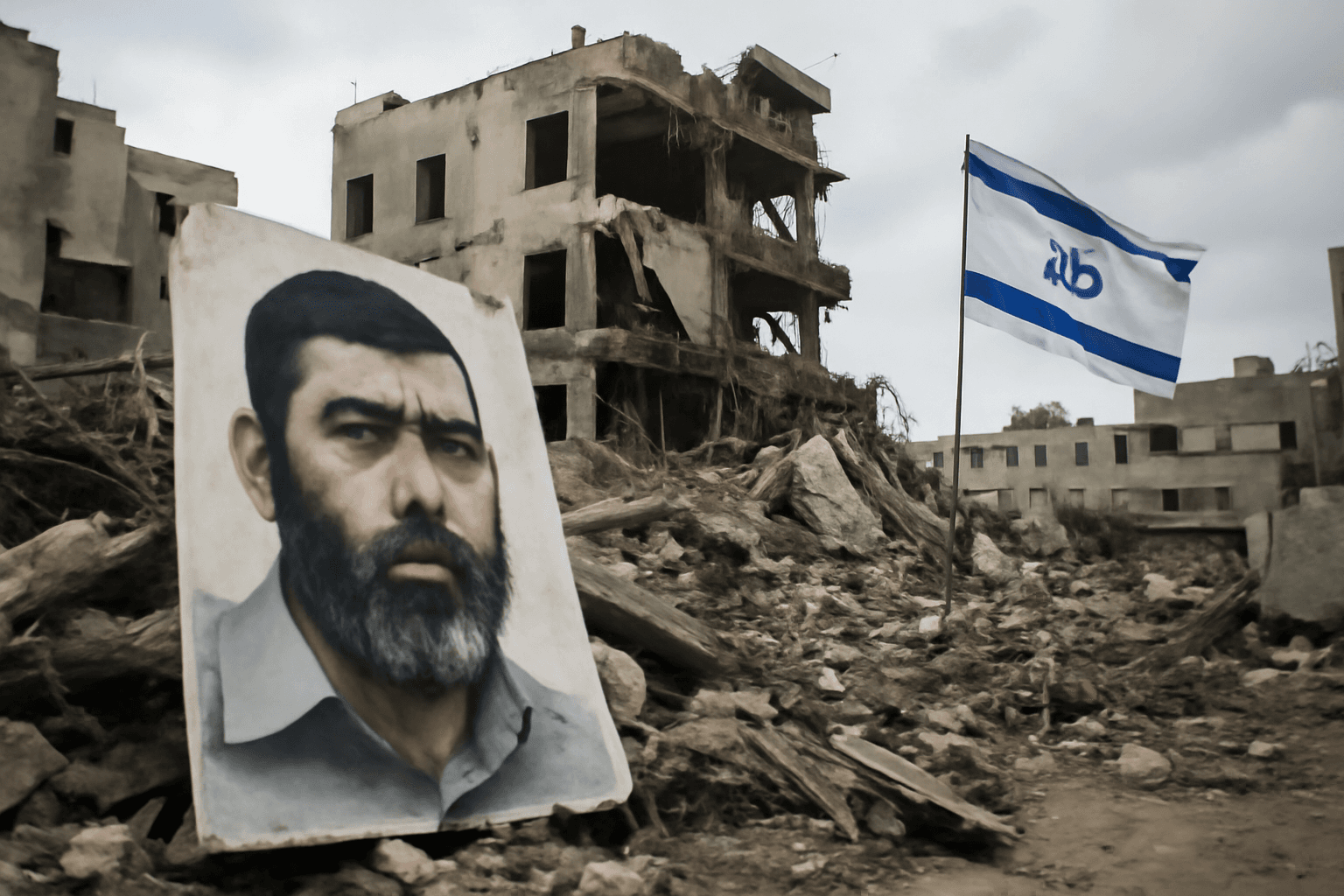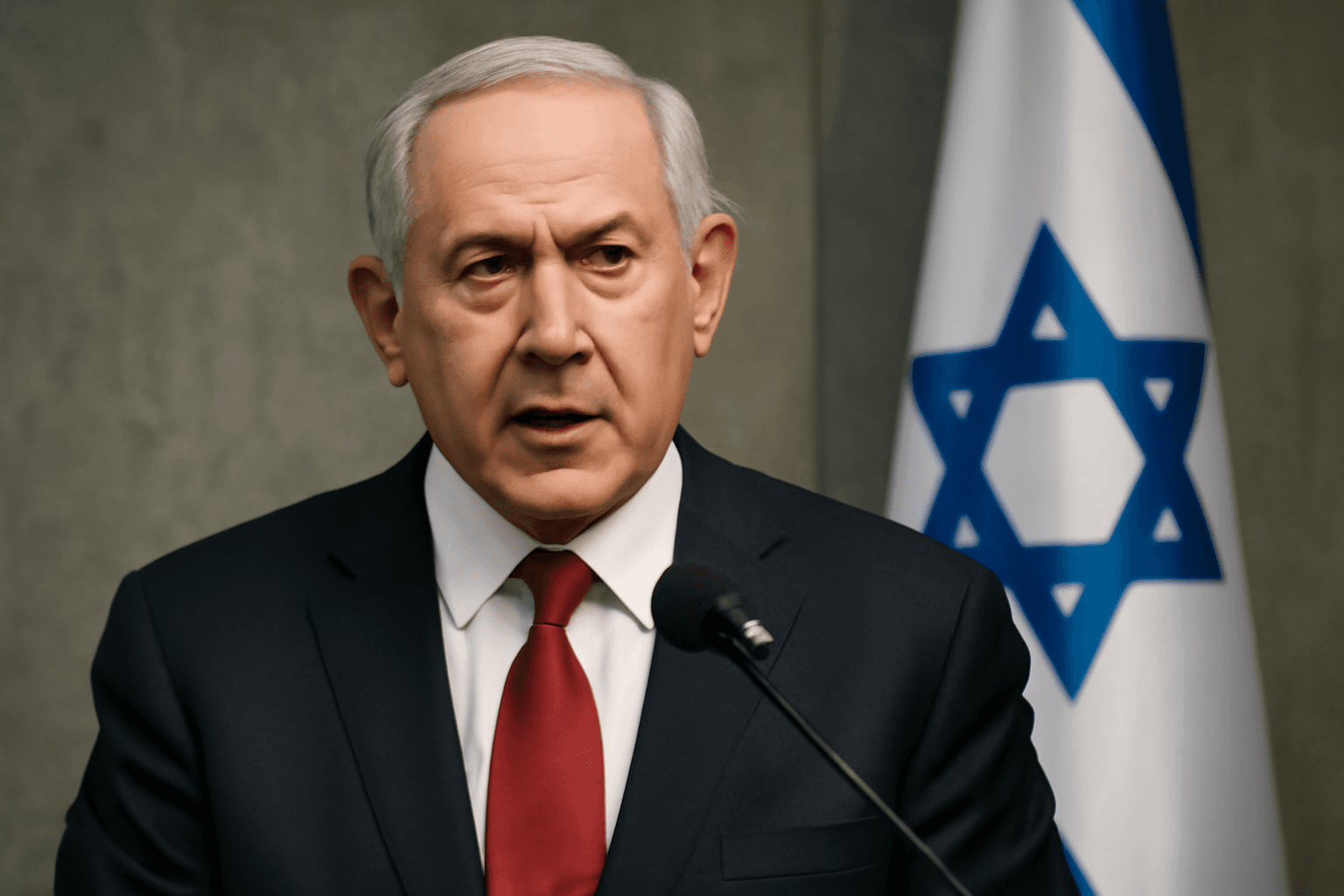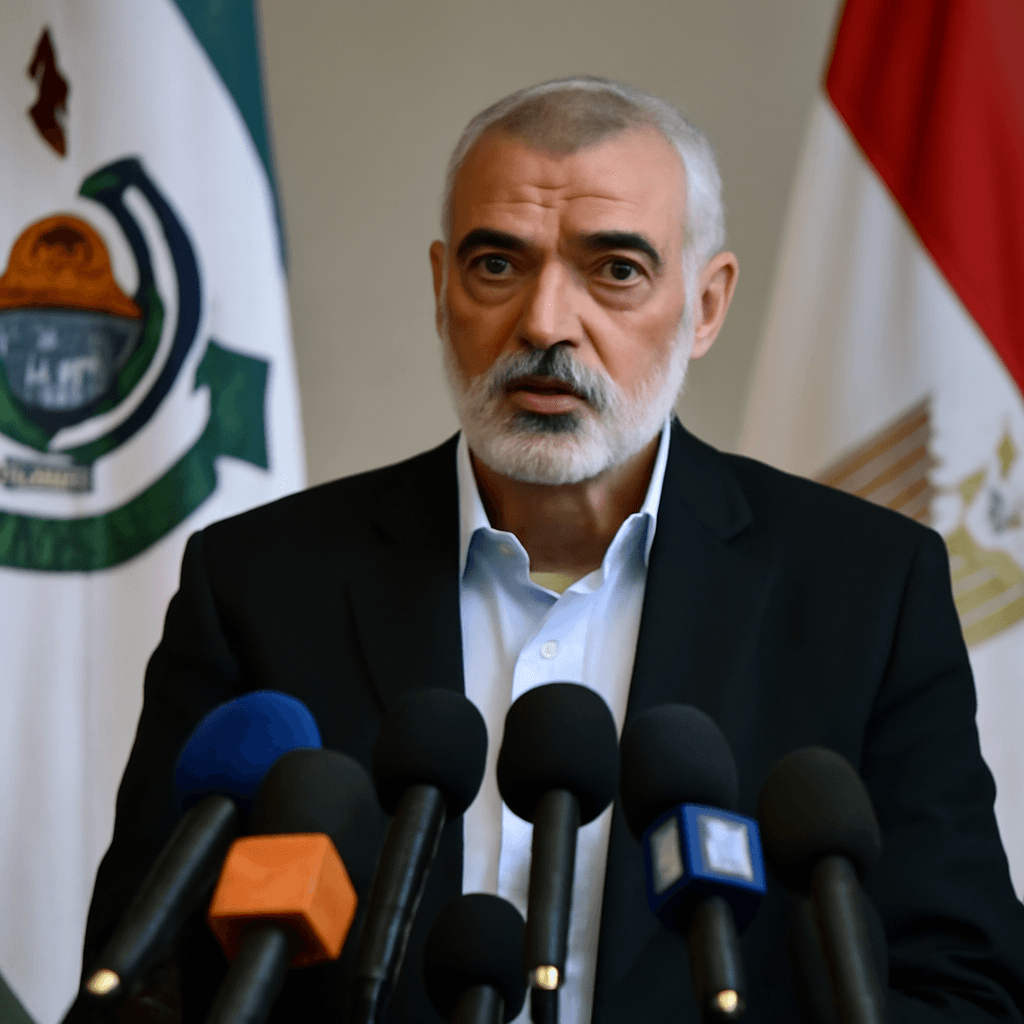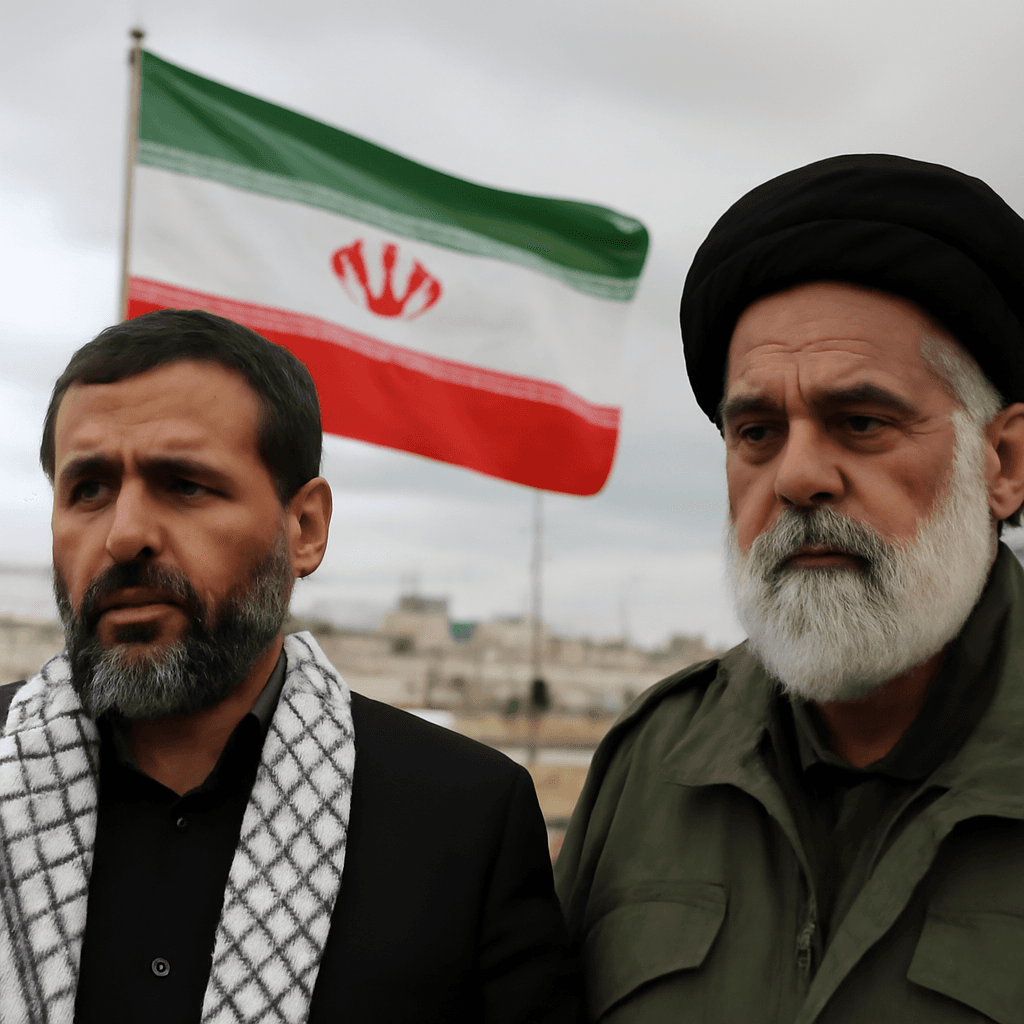Mohammad Sinwar, a key Hamas commander known for his strategic acumen and elusiveness, rose to prominence within the group following the 2024 death of his brother, Yahya Sinwar.
Born on September 15, 1975, in Khan Younis, southern Gaza, Mohammad Sinwar emerged as a hardline battlefield strategist who played a significant role in Hamas's military operations. His family originally hailed from Asqalan (present-day Ashkelon) but became refugees during the 1948 Nakba. Educated in UNRWA-run schools, Sinwar joined Hamas shortly after its inception in 1987 amid the First Intifada, influenced by his brother Yahya, a former Muslim Brotherhood member.
By 2005, Sinwar led the formidable Hamas brigade in Khan Younis, overseeing operations such as rocket attacks, tunnel infiltrations, and reconnaissance on Israeli forces. He was also implicated in the 2006 cross-border raid that resulted in the capture of Israeli soldier Gilad Shalit, who was later exchanged in a high-profile prisoner swap freeing over 1,000 Palestinians, including Yahya Sinwar.
Sinwar earned a reputation as one of Hamas's most elusive commanders, dubbed a “ghost” for his ability to evade Israeli intelligence. He survived multiple assassination attempts, including explosives disguised as everyday objects and bombings of his residence. Despite being a top target on Israel's most-wanted list, Sinwar consistently maintained a low profile, focusing on military strategy rather than public engagements.
Following Yahya Sinwar’s death in 2024 — which was captured on video during an Israeli drone strike — Mohammad Sinwar ascended to a leading position within Hamas. His rise comes at a critical juncture as Hamas continues its conflict with Israel, particularly after the devastating October 7, 2023, attack attributed to the group.
Mohammad Sinwar’s leadership is underscored by close ties with prominent Hamas military figures, such as Mohammed Deif and Marwan Issa, reinforcing his influence over the group’s operations. While Hamas has not confirmed Sinwar’s status amid ongoing conflict, his role remains pivotal in shaping the organization's military strategy and internal command structure.
Reports indicate that in light of Yahya's death, figures like Izz al-Din Haddad may assume increased responsibilities, especially concerning Northern Gaza operations. However, the broader implications for ceasefire negotiations and Hamas's political bureau's decision-making remain uncertain.
(With inputs from Reuters)

